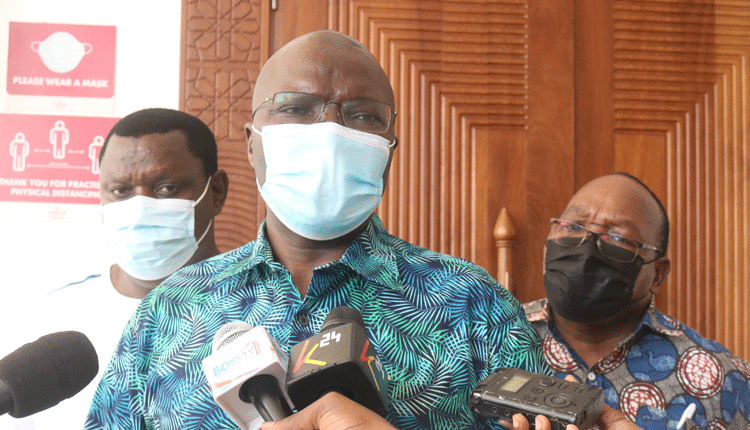Puzzle of 1.5 million unregistered Kenyan migrant workers

The government yesterday raised the red flag over the whereabouts of 1.5 million Kenyans working abroad and who are not registered with respective Kenyan missions.
Labour Cabinet Secretary Simon Chelugui told MPs that out of the four million Kenyans living and working abroad, some 1.5 million had not registered with the Kenyan embassies in those countries, making it difficult to trace and assist them.
Chelugui, who was addressing members of the National Assembly’s Labour and Social Welfare committee said it remains a puzzle how the Kenyans found their way to those countries without the government’s knowledge.
“It has emerged that out of the four million Kenyans working abroad, 1.5 million are not registered with the ministry.
How they migrated to these countries remains a puzzle, but it remains the government’s business to establish how they got there,” he said.
Diaspora remittances
He explained that as the number of Kenyan migrant workers continues to rise, there is need to effectively manage the migration and ensure they are protected from unfair labour practices.
The CS said as a result of the ever rising migrant population, diaspora remittances hit Sh300 billion last year, overtaking tea, coffee and tourism as Kenya’s highest foreign exchange earner.
The CS, however, noted that despite the benefits accruing from the labour migration, weak coordination of labour migration management, inadequate information on labour migration, policy and legal framework remains a challenge to the growth of migrant labour.
The CS noted that it was upto to the individual unregistered migrants to voluntarily report to their respective missions and get registered.
“Ideally, we need to get them on board but it is very difficult, this is a voluntary exercise and if they are not forthcoming, we can only estimate and work with the leadership of the diaspora organisations that took them there,” Chelugui said.
According to data from the government, 60,000 Kenyans work in the United Arab Emirates,104,000 in Saudi Arabia, 40,000 in Qatar,136,000 in the United Kingdom, 7,067 in Bahrain, 1,500 in Kuwait, 55,000 in Tanzania and 5,000 in Rwanda.
Others are 950,000 in the United States, 60,000 in Uganda, 3,000 in India, 2,500 in France,15,000 in Germany, 4,000 in Italy, 4,900 in Oman,7,000 in Southern Sudan and 38,000 in South Africa.












